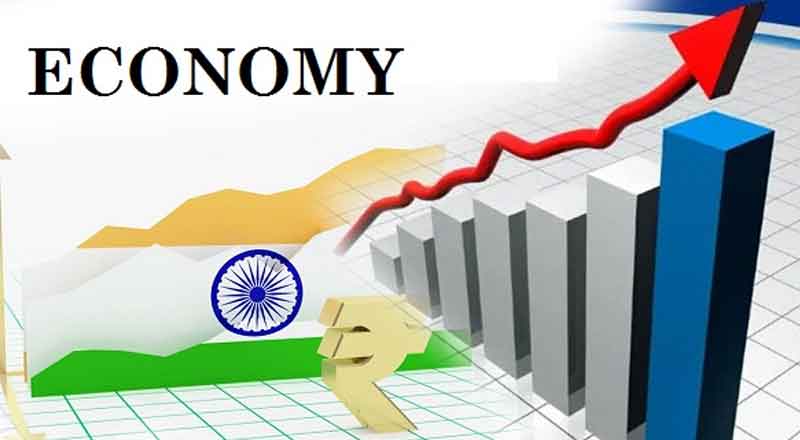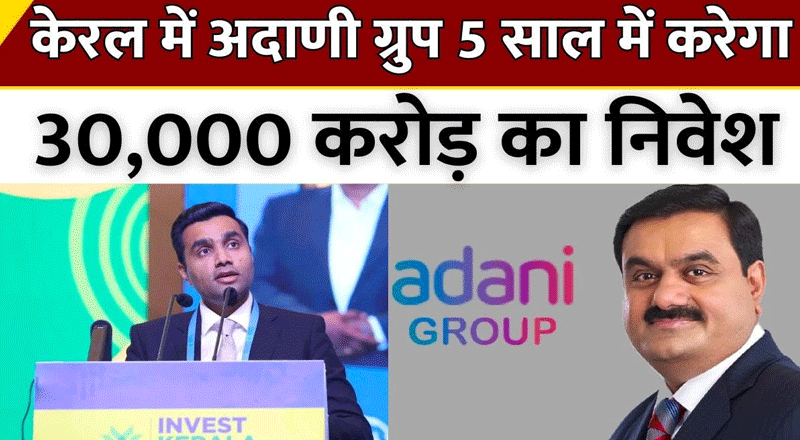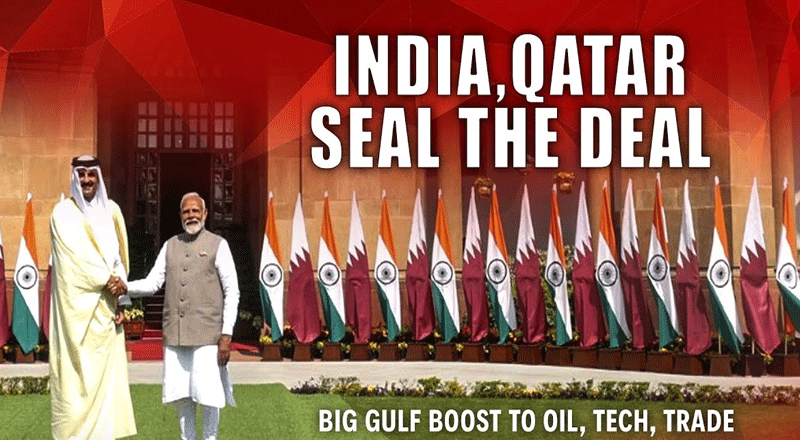- According to S&P Global’s analysis, the post-election economic landscape is poised for significant developments, contingent upon the electoral outcome.
- S&P Global expects inflation to decrease to 5.3% in 2024
- Economic momentum expected to be driven by capital spending.
- Sectors like renewables, electronics, and logistics crucial for growth.
- A failure to secure a special majority may divert attention towards central government-led social welfare initiatives, potentially catalyzing heightened cooperation with states.
- In the scenario of a hung parliament, a decentralized policymaking approach is envisaged, accompanied by protracted negotiations among coalition
With the impending Lok Sabha election results looming on the horizon, the nation braces itself for potential economic shifts, particularly in the event of the Bharatiya Janata Party (BJP) securing a third consecutive term. In this climate of anticipation, S&P Global Market Intelligence steps forward to provide valuable insights into the expected economic trajectory, highlighting key sectors, policy directions, and potential outcomes under different electoral scenarios.
According to S&P Global’s analysis, the post-election economic landscape is poised for significant developments, contingent upon the electoral outcome. The firm foresees the government’s capital expenditure, alongside a resurgence in private consumption and investment, serving as pillars of support for economic momentum in the aftermath of the elections. Key sectors such as renewables, electronics, textiles, digital infrastructure, logistics, food production, and services emerge as linchpins for India’s macroeconomic stability and growth trajectory. These sectors, crucial not only for economic prosperity but also for climate policy alignment and employment generation, are expected to garner increased attention and investment in the coming years.
Furthermore, S&P Global’s economic projections anticipate a moderation in inflation, with expectations of a decrease to 5.3% in 2024 from the previous quarter’s 5.7%. In the event of a resounding victory for PM Modi’s government, marked by a two-thirds parliamentary majority, the focus shifts towards ambitious targets aimed at positioning India as the world’s third-largest economy by 2030 and curbing the fiscal deficit to 4.5% of GDP by FY26. Additionally, there is a palpable push for enhanced technology integration across government services and the private sector, complemented by proposed legislative measures to regulate data usage and fortify domestic digital infrastructure.
However, the economic landscape remains subject to variation based on the electoral outcomes. A failure to secure a special majority may divert attention towards central government-led social welfare initiatives, potentially catalyzing heightened cooperation with states. In the scenario of a hung parliament, characterized by a fragmented mandate, a decentralized policymaking approach is envisaged, accompanied by the possibility of significant cabinet reshuffles and protracted negotiations among coalition partners to forge a cohesive policy agenda.
Amidst the backdrop of political uncertainty and economic anticipation, S&P Global’s comprehensive analysis offers stakeholders and policymakers valuable insights into the potential economic trajectories under various electoral scenarios. By illuminating the opportunities and challenges that lie ahead, these insights serve as guiding beacons for informed decision-making in navigating the dynamic landscape of India’s economy.
(With inputs from agencies)





